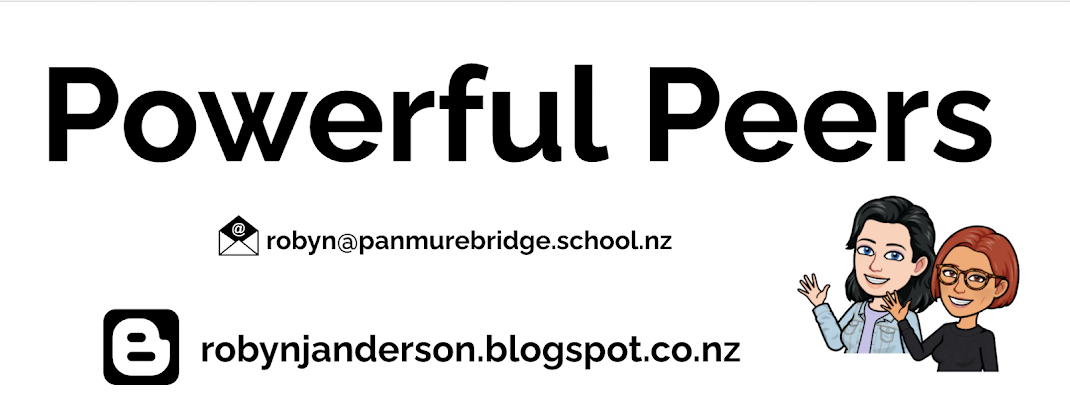What I noticed as a result of my intervention was that once the knowledge of simple rules and/or conventions of spelling was in place, the challenge element was lost. If I wanted the momentum to continue I quickly realised I needed to adapt and change my thinking and my approaches.
As mentioned in my previous post, the fear of spelling a word wrong or choosing a simpler word seemed to have been left behind as the desire to use the words was more powerful. The learning became about the words and not the hurdles that prevent them from being used. The more I used these words, the more my students used them. Being confident to use and apply more sophisticated vocabulary in context accurately became the norm. My expectations were clear and I noticed that as my student's confidence grew the higher my expectations became. The exciting part was the students took ownership of this challenge and regularly helped each other find the words to use to shift responses to the next level. Student created and driven tally charts evolved as a way of monitoring that everyone had used their word twice, with the others in their group prompting those who had not met daily challenge.
An interesting observation with the word gifting strategy was when I physically gave my students a piece of paper with their word on it, the ownership and connection to that words was much stronger than when we used a randomiser wheel to select our words. I feel this was because the words on paper could be physically touched, seen and used. Making the gifted words digital made them more abstract. Maybe this was a step too far too quickly, as looking back we overlooked the consolidation step.
Student voice gathered at both TP1 and TP2 and collated in the DLO above, allows for a comparison of student voice and attitudes towards spelling. To collect this data we used a Google Form survey to get to know our class as spellers. I have edited the original survey responses to reflect those only from my focus group who were present at both time points.
The comparison between the two timepoints (all analysed in the DLO above) shows there are some positive shifts happening in mindsets but when looking closely at how my learners see themselves I see we have a long way to go. This is possibly due to the historical belief that I can't spell it so I won't use it, ESOL obstacles and a fear of getting it wrong. This will definitely take more than a year for change to cement itself, but as we close our 2023 learning journey's deep dive into word consciousness, I feel confident we have laid some strong foundations to build on.

No comments:
Post a Comment